Centre for Research into Biota, Climate and Landscapes (BioClimLand)
The Centre is a multidisciplinary research cluster in the life and earth sciences. Areas of its research include the dynamics of the biota, ecosystems, and landscapes in the context of climate change.
The Centre collaborates with colleagues in various countries through major international research networks and projects:
- INTERACT, an international network of ground-based research and monitoring in the Arctic;
- CAR-WET-SIB, a Russian-French consortium for the study of ecology in Siberia and the role of carbon in the process of climate change;
- JPI Climate, a collaboration between 16 European countries to coordinate jointly their climate research and fund new transnational research initiatives;
- TEMPUS projects, and others.
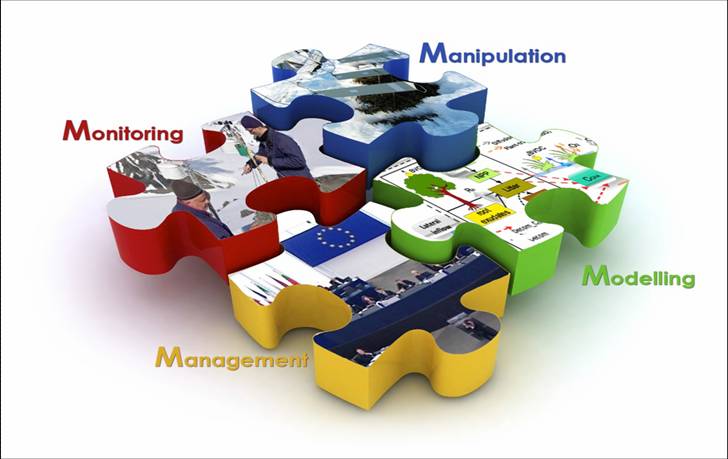
BioClimLand research is based on the 4M concept: Monitoring, Manipulating, Modeling and Management. The concept is developed by the INTERACT founder, Professor Terence Vincent Callaghan who is the leading expert of the centre BioClimLand. 4М represents four “cornerstones” of the organization of complex research, which is crucial for better understanding ecological, climatic and social changes and making better prognosis of future changes in terms of joint efforts.
Head of the Centre
Sergey Kirpotin, Professor, National Research Tomsk State UniversityLeading Researchers
Terry V. Callaghan, The Royal Swedish Academy of Sciences, Stockholm, SwedenOleg Pokrovsky, Centre National Recherche Scientifique, Toulouse, France
Pilar Catalan, University of Zaragoza, Spain
Projects
- BIO-GEO-CLIM – "Biogeochemical Cycles of Arctic Bog-lake Landscapes of Western Siberia as an Indicator of Climate Change on a Global Scale and a Basis for the Sustainable Nature Management of the Region"
A scientific research project supported with a monetary grant awarded by the Government of the Russian Federation under a grant competition designed to provide governmental support to scientific research projects implemented under the supervision of the world's leading scientists at Russian institutions of higher learning (Resolution of the RF Government No.220 of April 9, 2010).
- Summary of the project activities implemented in 2013-2015 (.doc)
- Articles published in scientific journals referenced in the Web of Science database in 2013-2015 (.doc)
- Monographs (chapters in monographs) published in 2013-2015 and authored by the project team members (.doc)
- Grants received in 2013-2015 that are managed by the project team members (.doc)
- Summary of the project activities planned for implementation in 2016-2017 (.doc)
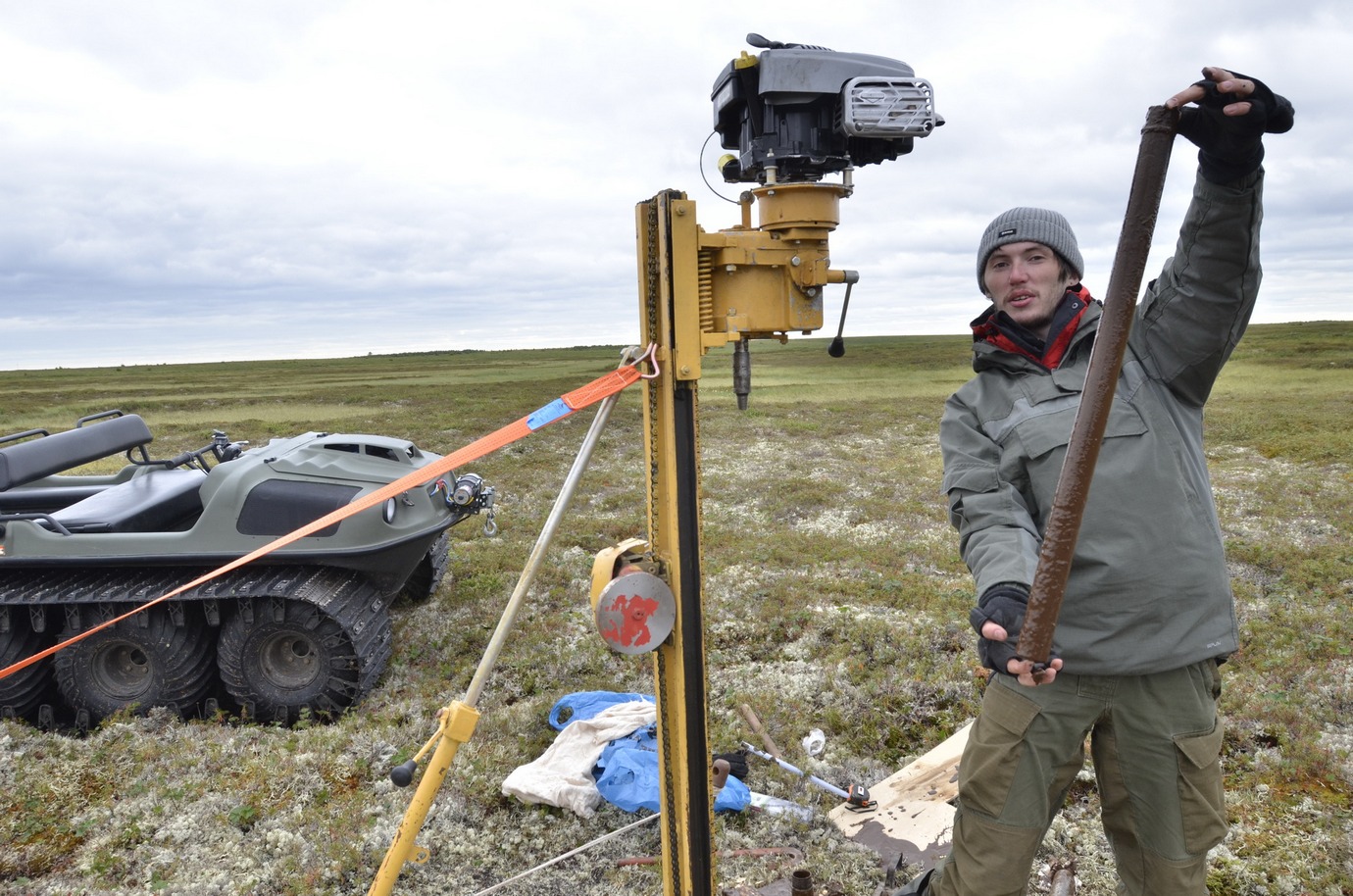
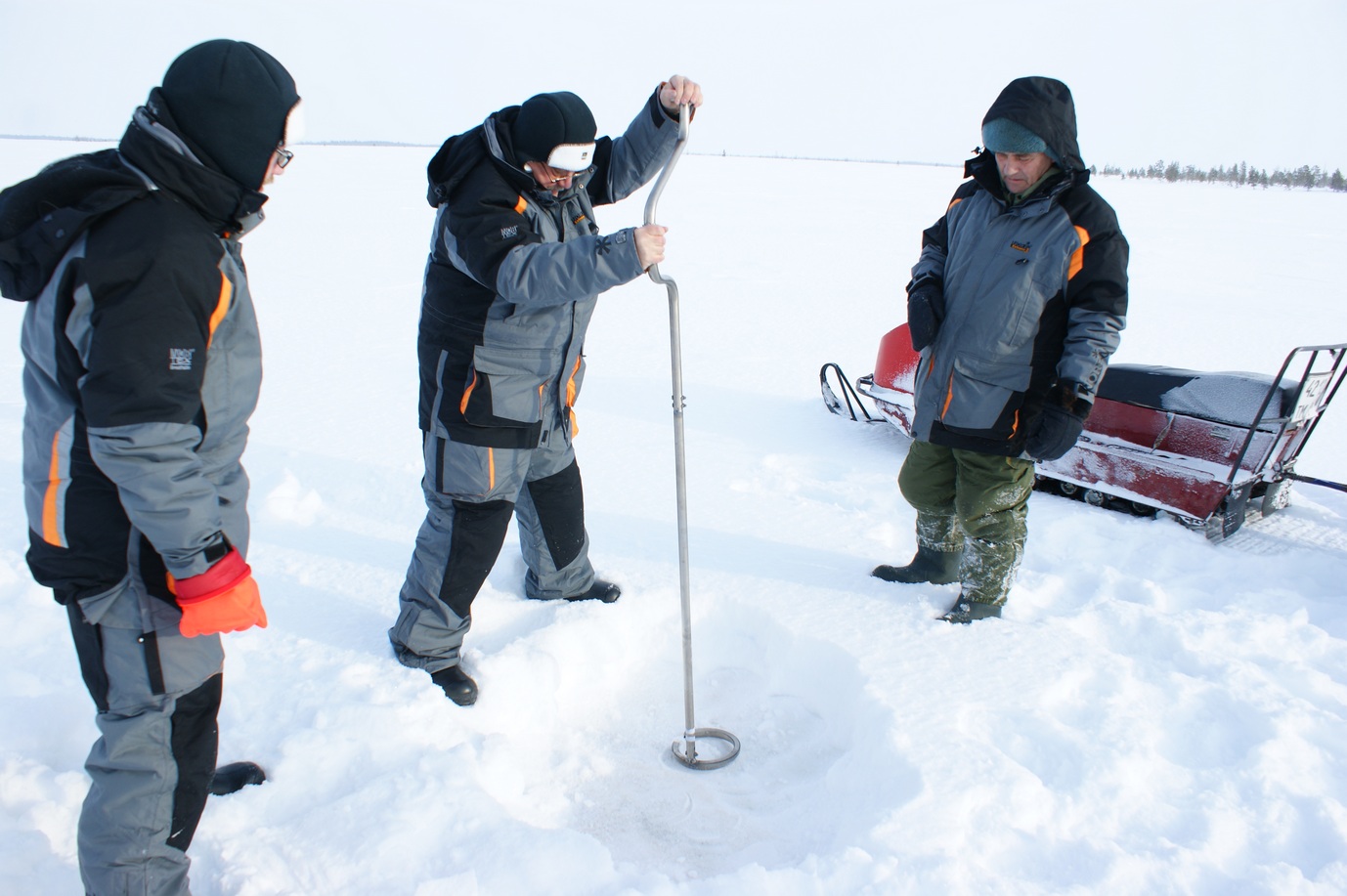
- SIWA – "Climate Impact on the Carbon Emission and Export from Siberian Inland Waters"
Project duration: 2014-2017
Total budget (in Euros): 1253975
Countries: France, United Kingdom, Sweden, Russia
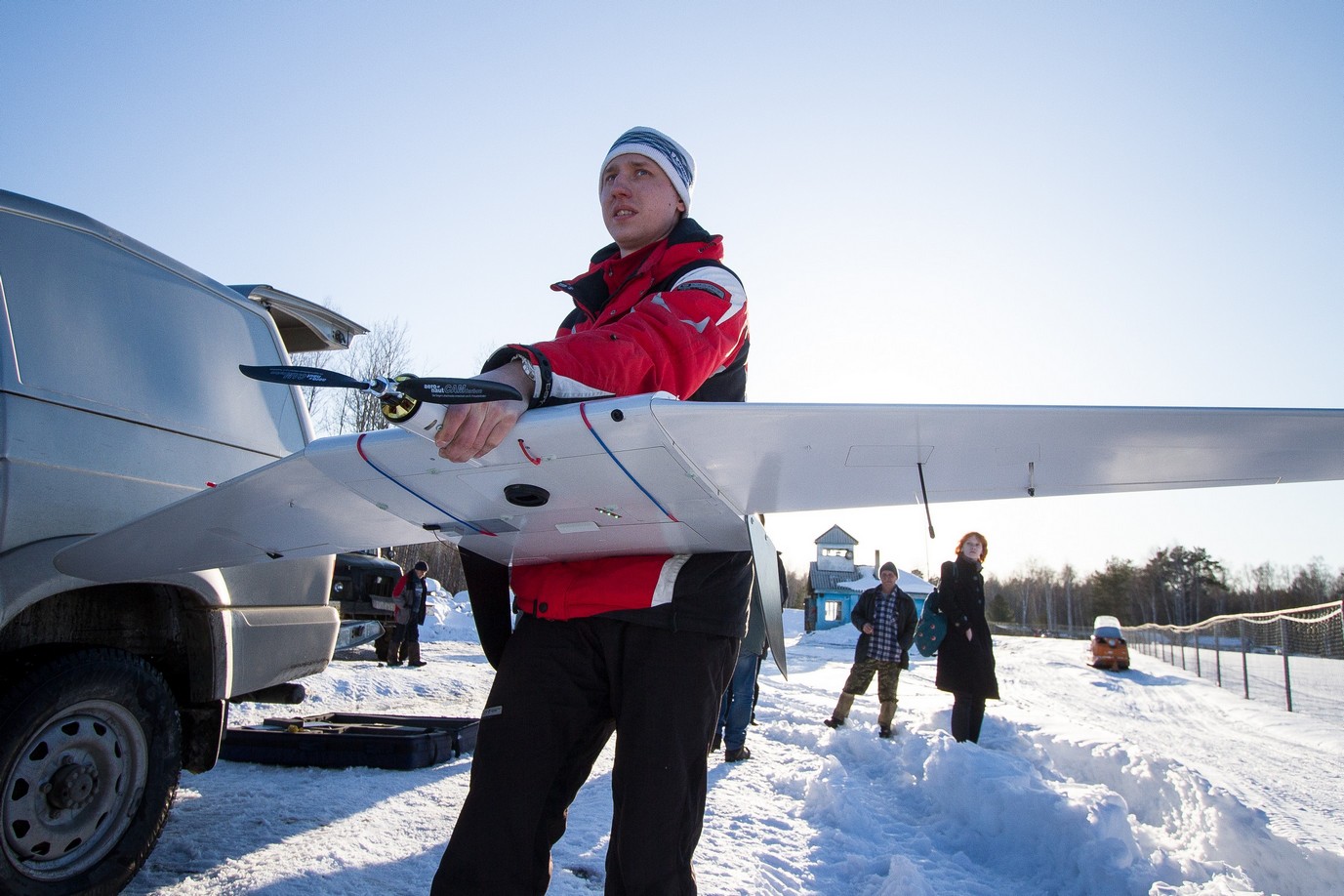
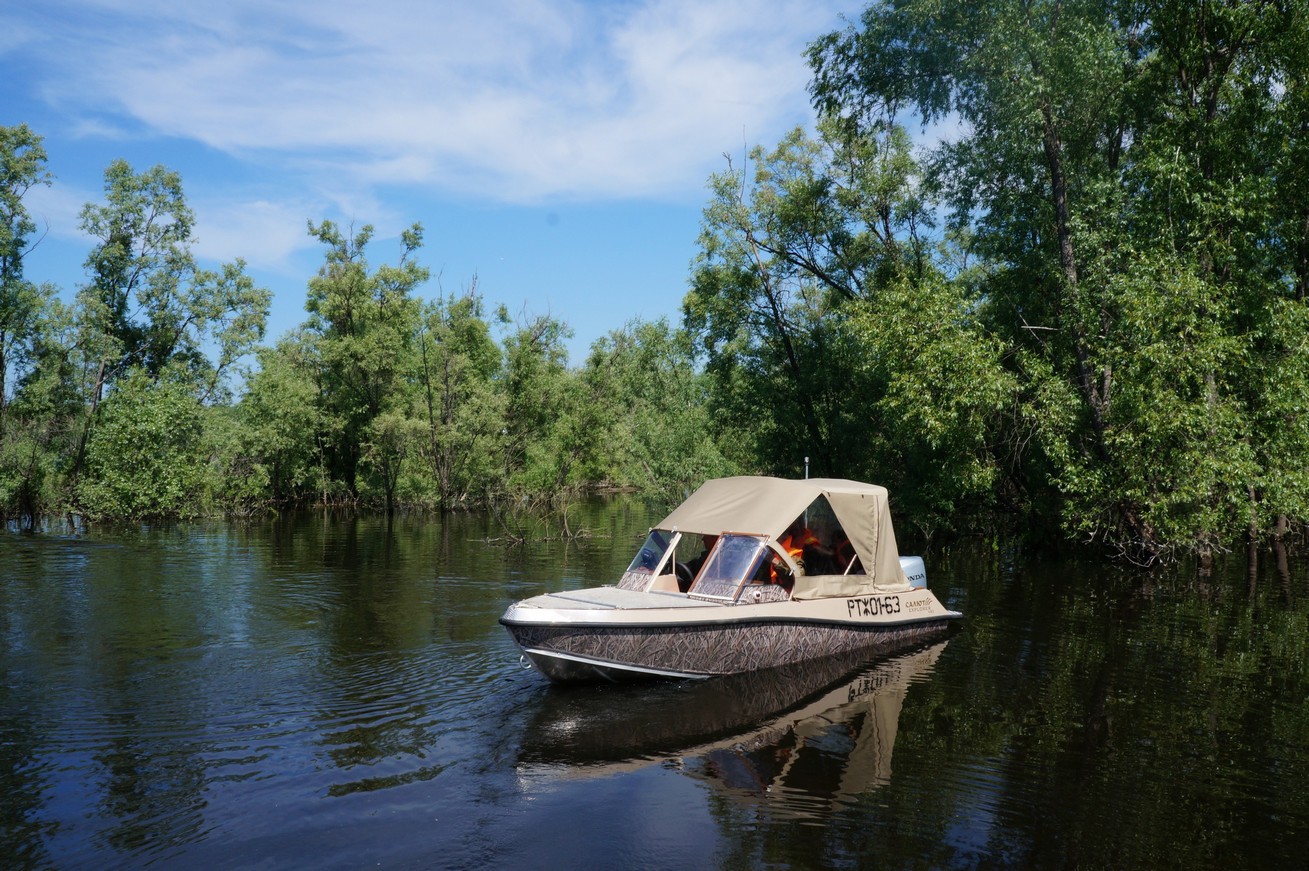
Research Stations
A network of TSU's research stations has been set up according to the idea of the Western Siberia mega-profile for landscape-ecological investigations: Aktru (North-Chuy Ridge, South-Eastern Altay), Kaybasovo (the mid-channel plain of the Ob River), Khanymey (the southern edge of the criolithic zone), the North-Komsomolskoye deposit (the intermittent frost zone).
Centre Projects
Master’s programmes
About the programme
The programme is aimed at training highly qualified experts of scientific profile who possess a wide range of knowledge about the natural conditions of Siberia and Arctic, who works with modern methods of environmental research and scientific methodology. The programme is aimed at inter- and transdisciplinary research of unique characteristic features and global significance of the Siberian mega-region.
Graduates’ areas of activity:
- Scientific and research activity;
- Design and production activity;
- Control and expert activity;
- Organizational and managing activity;
- Teaching activity in a higher educational institution.
Head of program: Prof. Sergey Kirpotin: e-mail: kirp@mail.tsu.ru
Managers of program: Larisa Kolesnichenko: e-mail: klg77777@mail.ru; Ksenia Nikitchuk: e-mail: k.nikitchuk@yandex.ru
About the programme
Globalization, internationalization and regionalization have led to increased international and cross-border cooperation. For further development of the Russian regions, cities, institutions and TSU in particular active participation in these processes is required. On the one hand, the goal is facilitated by a stable and growing interest in the world to Siberia, to the potential of its regions and to the University. On the other hand, Siberian regions need to show their characteristics and their potential in order to become a member of international cooperation. That is the objective of the programme Siberia: modern development, culture, history (Russian Studies: Siberia). The programme is designed for foreign students who after their graduation plan to work in government, business structures, the expert-analytical centres and cultural organizations interested in the development of mutually beneficial relations with Russia and its regions and with Tomsk State University.
Estimated time of the programme launch: June 2017.
Graduates’ areas of activity
- research;
- expert-analytical;
- pedagogical;
- cultural and educational;
- organizational and managerial.
Head of program: Dr. Dmitry Shevelev: shev-dn@yandex.ru
Manager of program: Dmitry Khaminov: khaminov@mail.ru
Laboratories
The research done in 2013–2015 and the results obtained allowed the laboratory staff members to improve their positions in QS ranking in the field of Environmental Sciences, Earth & Marine Sciences, Chemistry and Geography and to create the favourable conditions for young researchers to be promoted.
The staff of the Laboratory comprises 84 employees. Basic infrastructure of the Laboratory is located in the building of the Research Institute of Biology and Biophysics of the TSU. The remote infrastructure of the Laboratory is represented by a meridional network of the research stations monitoring the environment in the following points: «Aktru» (the Altai Republic); «Kaybasovo» (Tomsk Region); «Khanymey» (Yamalo-Nenets Autonomous Okrug) «Severo-Komsomolskoye» (Yamalo-Nenets Autonomous Okrug). All the buildings are equipped with the necessary office and laboratory furniture and office automation equipment. The Laboratory has all the scientific equipment needed and the devices to do experiments in-situ.
During the project implementation in accordance with the declared research trend the Laboratory staff members developed and introduced 15 new educational courses; developed a new Master program «Siberian and Arctic study» (major 05.04.06 Environment and natural resource management) in English (the first recruitment will be in 2016); organized 30 scientific/scientific-educational events (conferences, schools and workshops).
Latest News
Contacts
- kirp@mail.tsu.ru
- 634050, Russia, Tomsk, Lenina av. 36

